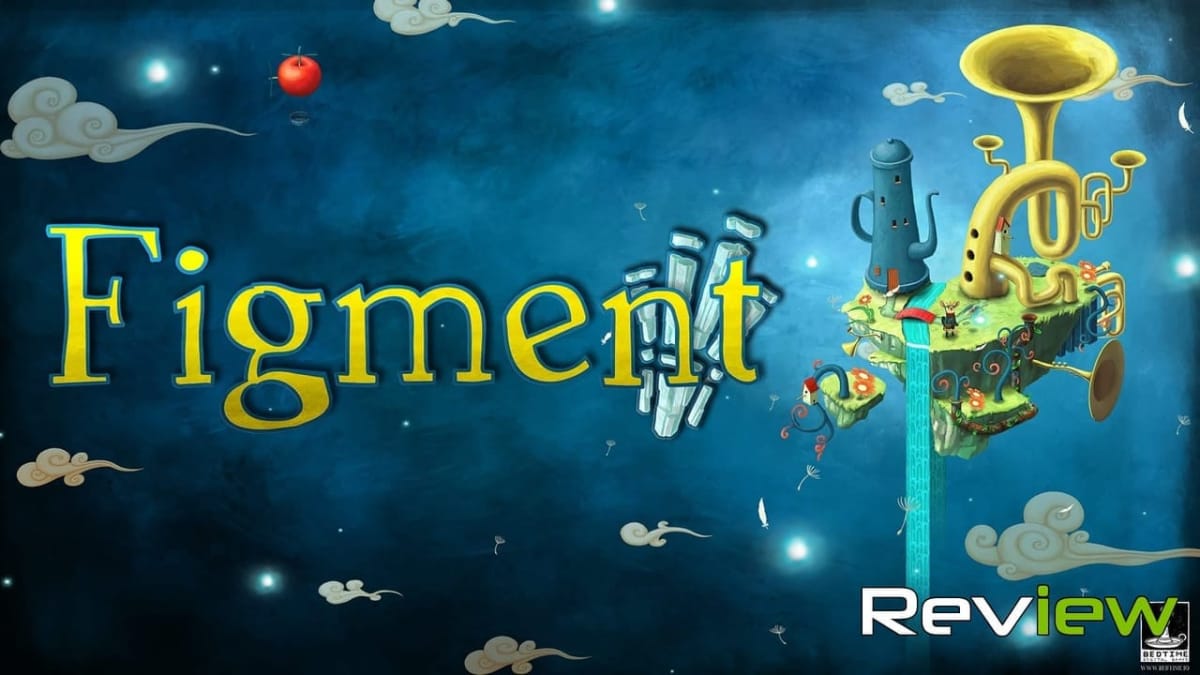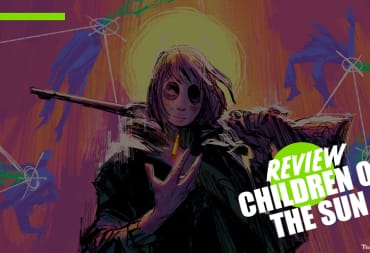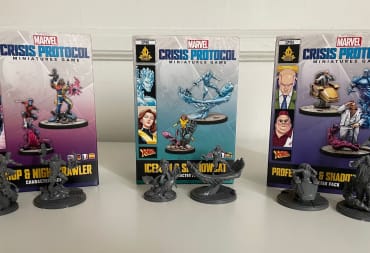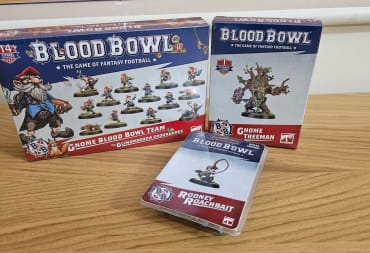Trauma is a notoriously difficult subject to cover in games. As an inherently interactive medium, you risk alienating your players if your story isn't relatable. It's no small wonder that such topics often fall to the realm of indie games. To that end, enter Figment. The first non-mobile game developed by Bedtime Digital, you must traverse the ruins of the subconscious following a horrific car crash. Already released on PC and Switch, it finally makes the jump to PS4, with a new DLC coming later this year. Does Figment present a believable and engaging portrait of a mind under assault, or does it succumb to waves of terror?
Figment approaches its subject matter with grace, providing an entertaining experience along the way. It's not perfect by any means, as it suffers from floaty, imprecise combat and a bevy of puzzles that are too easy in execution and approach. Still, the surprising growth of the central cast, stylish integration of puzzles and music, and overall presentation make Figment into something special. Though the phrase "indie action/puzzle game" doesn't inspire a lot of confidence in many, Figment stands head-and-shoulders above its competition.
Figment's Unlikely Hero
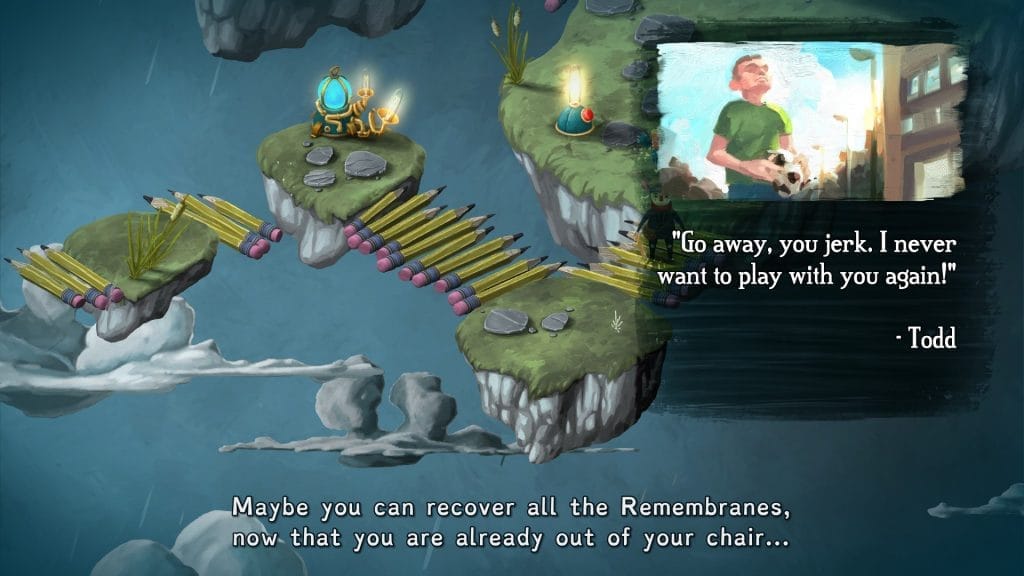
Figment starts with a brain under attack. Deep in the recesses of a young father's thoughts, you find lazy washed-up hero Dusty, and his cheerful sidekick Piper. Content with wasting away his afternoons, a nightmare appears and snatches away Dusty's apparent peace and his scrapbook of memories. The nightmare is a physical manifestation of the Fear of Loss, and he summons two other, lesser fears: a fear of spiders and a fear of sickness. Soon after, monsters wreak havoc on the subconscious. Dusty is a reluctant hero, and initially only pieces together the mind out of his own selfish desires. As the (former) manifestation of courage, it doesn't take long for Dusty to slip back into his role as hero and protector, though it takes some help from his partner.
Though he initially comes across as a curmudgeon, Dusty's transformation into a likable hero is worth seeing alone. Figment is by no means a long game. Clocking in at anywhere from four to six hours, it doesn't waste any time with its characters. His scrapbook quickly falls by the wayside as he works to restore the father's consciousness to its former glory. Dusty relishes taking down the nightmares, who taunt him and threaten the stability of the brain as a whole. Old memories and fears ran amok during his absence, showing Dusty just how much he's needed. Ultimately, Figment's ending is unsurprising, but it still provides satisfying and hopeful closure to the story.
Overcoming Figment's Brain Teasers
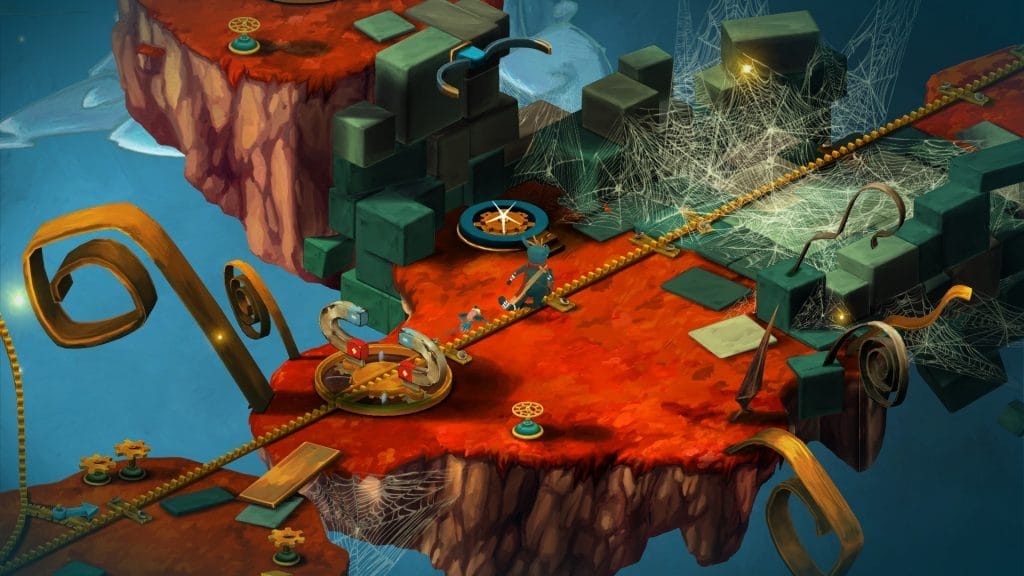
Dusty and Piper's adventure takes them across the two hemispheres of the brain before crossing into the nearly conscious zone. Figment doesn't stray far from classic media interpretations of left-brained/right-brained people. The first half you visit, the "right brain," is full of musical instruments, artistic colors, and general creativity. Its puzzles match, wherein you must find the three keys for a trumpet, rotate dragonfly windmills to clear poisonous gas, and grow seeds to form bridges. Conversely, the left-half side of the brain is full of logic puzzles: lighting up all the squares on a grid, pushing blocks through a maze, or directing a "Train of Thought" along its tracks.
None of the main puzzles are particularly challenging, which is a shame, but they're constantly entertaining and fresh, nonetheless. The puzzles that unlock memories can be challenging, but many involve backtracking or simple observation skills. Only until the final act does any semblance of challenge appear, and only because failure means taking substantial damage. Still, it's hard to say if making Figment longer would give the difficulty desired. The short, self-contained nature of many of the puzzles keep Figment from wearing out its welcome. There's plenty of variety, even if you're never able to dwell on a challenge for too long.
Another surprising aspect of Figment is the voice acting. Every character's personality comes to life through the snappy writing, further accented by some solid voice work. While a couple of the nightmares leave much to be desired, you'll spend much of your time listening to Dusty and Piper bicker, banter, and eventually support one another. Piper is cheerful but not obnoxious, and Dusty sounds bored but not boring. It's rare that an indie game features a full vocal track, and even rarer that the voice acting is decent. Figment excels in both of these areas.
Music and Mayhem in Figment
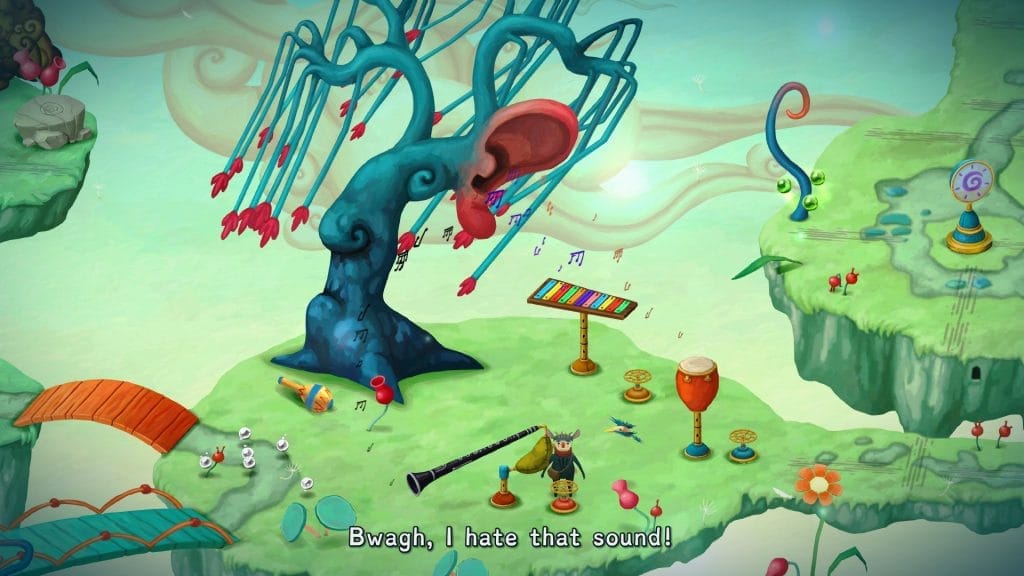
All of Figment's puzzles and writing seamlessly interweave with the music. Each of the nightmares has its own song, and won't hesitate to sing it, given the chance. Enemies time their attacks to the beats, and environmental setpieces add to the symphony as well. The result is a whimsical blend of color, sound, and pure joy. Bedtime Digital spent a lot of time integrating the music into the gameplay, and it shows. Syncing music with action and story is nothing new for media. While usually a realm reserved for film or television, a game like Figment challenges this notion and succeeds.
Throughout all three areas, you'll fight a lot of monsters along the way. Whether this is because of the isometric perspective, or just the general use of a controller, it's hard to say. Combat in Figment is easily the game's biggest flaw. It's hard to place attacks effectively, and most of the combat just involves mashing the attack button until you clear the arena. There's little strategy involved, and it would have been nice to see some thematic integration for the enemies, outside of their associated fears.
Figment's presentation might make it seem geared towards young children. In a sense, that's not wrong. From the uplifting story of courage to colorful fun its worlds provide, it's hard to say if Bedtime Digital was deliberately aiming for a younger audience or not. While the core cast occasionally uses some coarse language, the simplicity of many of the puzzles makes it approachable for all ages. Throw in a colorful palette and soft art style, and Figment is nothing if not inviting. Some of the themes and story beats may well go over the heads of children. Even so, if you play this with kids, they'll find much to enjoy.
Figment Review -- Final Thoughts
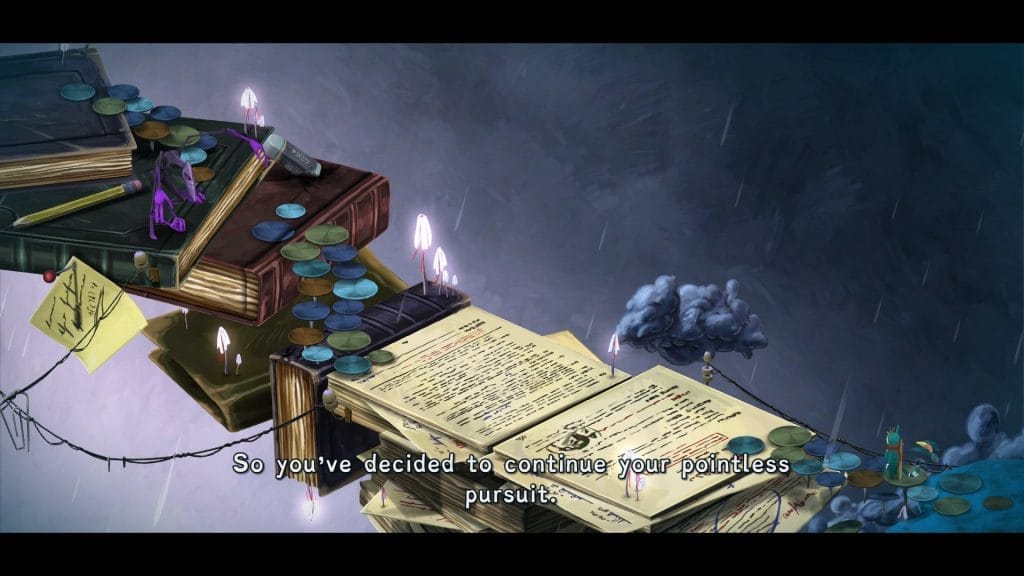
Though initially seeming like "just another indie puzzle game," Figment proves that it is much more than that. From the well-rounded cast and voice acting to the seamless blend of music and the world, Figment is an outstanding all-ages adventure. The puzzles are far too easy and the combat mindless. However, the gorgeous world and hopeful message make it worth the price of admission. Bedtime Digital has created something special in Figment, and they're going to be a studio to watch in the future.
TechRaptor reviewed Figment on PlayStation 4 with a copy provided by the developer. It is also available on Switch and on PC via Steam, GOG, and Kartridge.
Review Summary
Pros
- Gorgeous World
- Stellar Use of Music and Writing
- Strong Cast of Characters
Cons
- Mindless, Imprecise Combat
- Easy Puzzles
Have a tip, or want to point out something we missed? Leave a Comment or e-mail us at tips@techraptor.net
